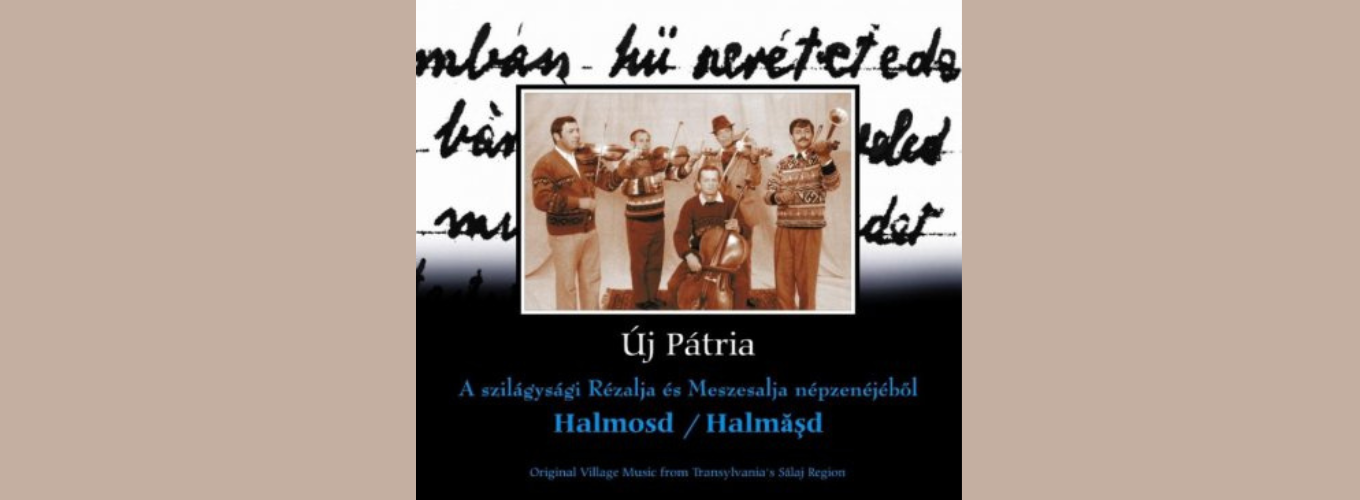
Halmosd / Halmăşd - Original Village Music from Transylvania’s Sălaj Region
Josif Ötvös is not well-known by ethnomusicologists doing research on Transylvanian village music. His life, however, is typical of that of other Gypsy musicians from 20th century Transylvania. He was born into a Calvinist Hungarian Gypsy musician dynasty in the village of Récekeresztúr. His father taught him to play music.
Josif Ötvös’ father did what most Gypsies did in the period after the Treaty of Trianon (1920) when Transylvania became part of Romania – he conformed to the new government and raised his son as a Romanian.
So even though his father had considered himself to be Hungarian Gypsy and the family name was Hungarian, Josif Ötvös did not learn to speak Hungarian, and he played mainly for Romanians and Gypsies.
1. Almás-völgyi cigány úti vonulós nóta, csárdás és cingerd’i
(Gypsy processional, two couple dances, Almaş Valley) 11’17”
2. Româneşte bătrâneşte, ceardaş iute (Romanian dances) 8’03”
3. Cigány asztali nóta és legényes (Gypsy table tune, men’s dance) 7’34”
4. Almás-völgyi învârtita, cel iute, ceardaş iute
(Romanian dance cycle, Almaş Valley) 8’24”
5. Román hore, ceardaş rar, iute (Romanian dances) 13’55”
6. Magyar legényes (Hungarian men’s dance) 3’12”
7. Kis-Szamos-völgyi román páros táncok:
ceardaş rar, româneşte pe sub mînă, ceardaş iute
(Romanian dance cycle, Someşul Mic Valley) 12’47”
8. Ötvös Josif pakulárnótája
(Josif Ötvös’ version of ’When the shepherd lost his sheep’) 3’33”
Összidő (Total time) 69’06”
Válogatta – Selected by: KELEMEN László
ADATKÖZLŐK / PERFORMERS – INFORMANTS
ÖTVÖS Josif (1937, Récekeresztúr) hegedű / violin
ŞANDRI Remus (1967, Récekeresztúr) hegedű / violin
KOVÁCS Péter (1949, Fejérd) háromhúros brácsa / 3 stringed-viola
FILATON József „Pupu” (1961, Kolozs) nagybőgő / double bass